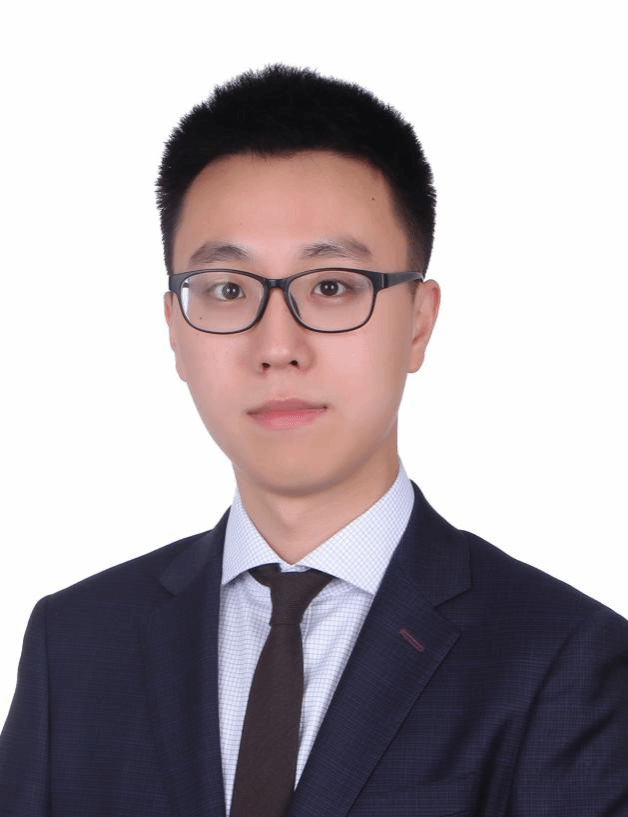
Zheng Zebang, Professor and PhD Supervisor, is the module convenor for “Metal 1: Deformation and Strengthening” at QMES. He studied at Imperial College London from 2012 to 2018 under the supervision of Professor Fionn Dunne, obtaining both a Master of Science and a PhD in Materials Science and Engineering. In September 2018, he returned to China through the NPU Ao’xiang Overseas Scholars Program. His primary research focuses on advanced plastic forming technologies and fatigue life analysis. By combining multi-scale modelling and simulation with multi-scale in-situ mechanical experiments, he has made significant progress in understanding the plastic deformation mechanisms and fatigue failure prediction of high-performance alloys. In recent years, he has led major research projects funded by the National Natural Science Foundation of China (NSFC), including projects for nurturing major research programmes, general/young investigator projects, and key research and development plans. He has published more than 50 papers in top journals in the field, including the International Journal of Plasticity and others.
Bringing Research into the Classroom from Imperial College London
“Imperial College London was the starting point of my teaching and research career,” says Professor Zheng Zebang. In his view, the educational philosophy in the UK emphasises logical thinking, critical analysis, and the ability of students to explore independently. These principles align closely with the concept of JEIs. “I frequently transform the latest research findings into teaching case studies, guiding students to understand fundamental theoretical knowledge while fostering an interest in research and a passion for exploration.”
Teaching in English, Making a “Non - Native Language” an Advantage
“Metal I: Deformation and Strengthening”, an English-taught specialist module, presents potential comprehension challenges for students due to the language barrier. Professor Zheng Zebang is acutely aware of this issue, as he experienced it during his student days in the UK as a “non-native speaker”. He explains, “I break down complex theories and provide targeted practice exercises. Moreover, I encourage questions in class and offer clarification during office hours. If necessary, I also use Chinese to help students transition.” Professor Zheng hopes this approach will boost students’ confidence in tackling English-medium professional modules.
Module Content Updated Annually, Lecture Notes Iterated to Fifth Edition
As the module convenor, Professor Zheng Zebang knows how important lecture-note quality is for undergraduate teaching. He says, “I’ve been updating the module notes almost every year for the past six years, from knowledge logic to case details, to better match students' learning pace.” Also, for the complex calculations in the module, he keeps enlarging the exercise bank to help students truly master the theories and their applications.
Mutual Learning, Understanding Classrooms from Students’ Perspective
“I always regard myself as a ‘student in learning’ as well,” Professor Zheng Zebang emphasises empathy in teaching by designing classroom logic and pace from the students’ perspective. He often interacts with students after class on academic and study-abroad plans. This relaxed atmosphere encourages them to voice real doubts, promoting in-class depth thinking.
Case-Based Teaching, Grounding Theories in Practice
During his teaching, Professor Zheng Zebang places particular importance on using engineering practice cases to ground theoretical knowledge.
“Take crystal structure and dislocation strengthening as examples. I connect these topics with real-world technological applications in the aerospace field,” he explains. He aims to help students build a connection between theory, practice and innovation in the classroom, thereby gradually shaping their engineering thinking.
Teacher’s Message, Curiosity and Planning Ability Are Equally Important
For students who want to study abroad or conduct research, Professor Zheng Zebang has two suggestions: “First, start early to build research literacy, cultivate literature-reading and experimental modelling skills; second, maintain curiosity about cutting-edge issues, and set clear goals and plans, covering language, research background and application schedules.”
From the podium to the laboratory, from personal research to curriculum building, Professor Zheng Zebang always adopts a learning-centred approach. He accompanies and guides students within a globally integrated education system, helping them advance towards more advanced academic and life platforms.
Text: Zheng Zebang and Zhang Jiayu
Photo: Zheng Zebang
Translator: Shen Xinyi
Reviewer: Wang Yongxin

